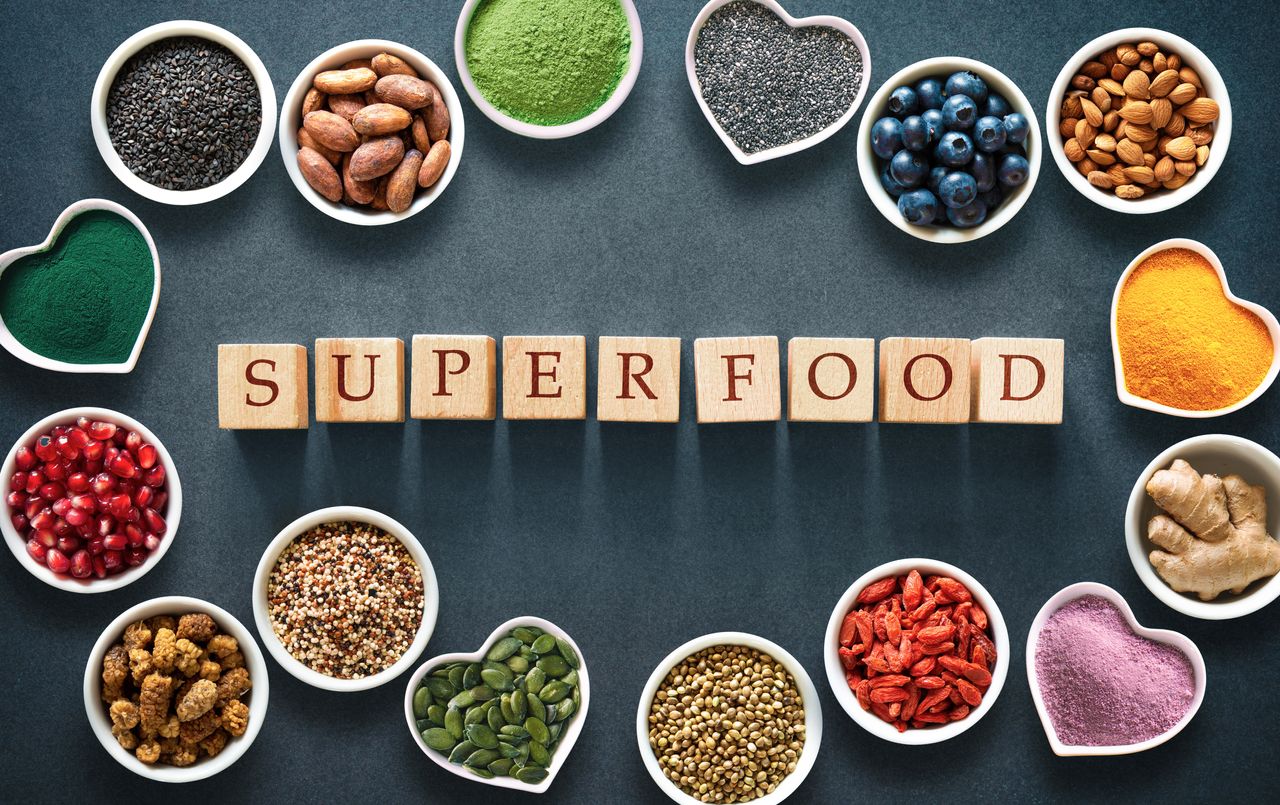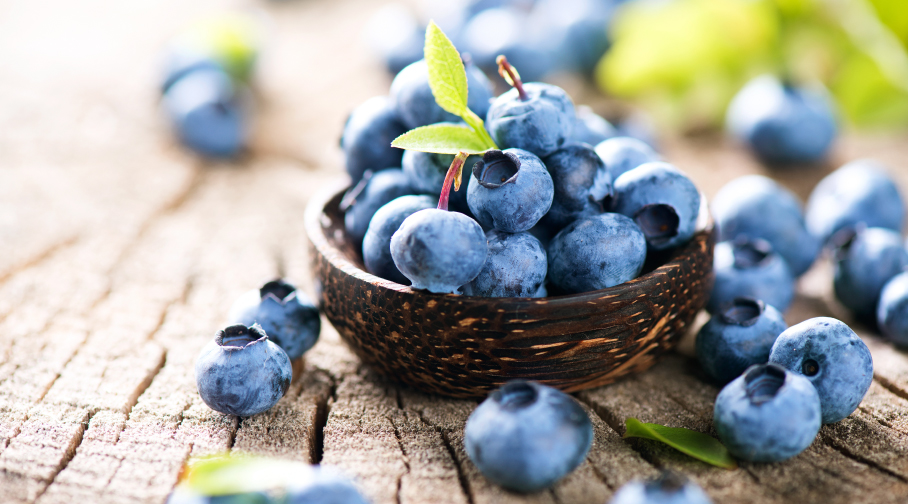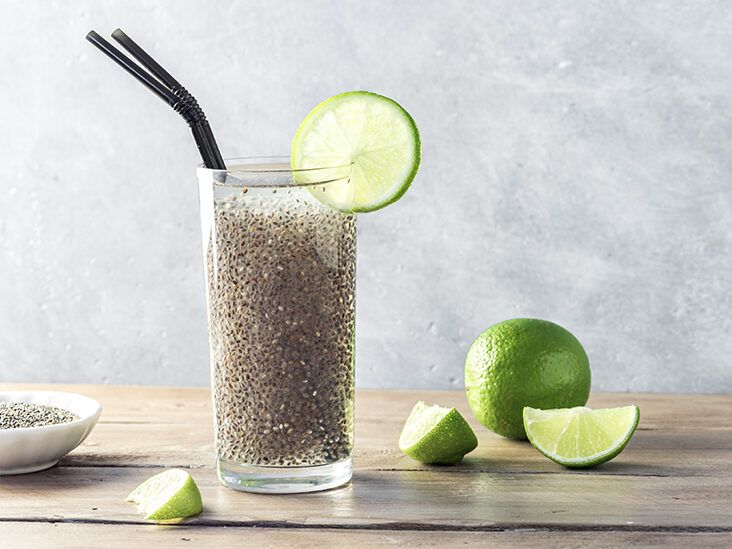
Could These Superfoods Be the Secret to Longer Life?
, by Samir Padhan, 9 min reading time

, by Samir Padhan, 9 min reading time
In recent years, the term "superfood" has become a buzzword in the world of nutrition and wellness. But what exactly are superfoods, and why are they so beneficial to our health? Superfoods are nutrient-dense foods that are packed with vitamins, minerals, antioxidants, and other essential nutrients that can support overall well-being. From improving heart health to boosting immunity, these powerful foods can play a significant role in maintaining a healthy lifestyle.
In this blog post, we will explore the world of superfoods, discuss their benefits, and provide practical tips on how to incorporate them into your diet. Whether you're looking to improve your energy levels, support weight management, or enhance your overall health, superfoods can be a game-changer.

Superfoods are a group of foods that are exceptionally high in nutrients and offer numerous health benefits. These foods are typically rich in antioxidants, vitamins, minerals, and other bioactive compounds that can help protect the body from chronic diseases and promote optimal health.
While there is no official definition of a superfood, the term is often used to describe foods that are particularly beneficial for health and well-being. Common examples of superfoods include berries, leafy greens, nuts, seeds, and certain types of fish.

The health benefits of superfoods are supported by a growing body of scientific research. For example, studies have shown that antioxidant-rich foods, such as blueberries and spinach, can help reduce inflammation and protect against oxidative stress, which is linked to chronic diseases like heart disease and cancer.
Similarly, omega-3 fatty acids found in fatty fish, such as salmon and mackerel, have been shown to support heart health, reduce inflammation, and improve brain function. Other superfoods, such as chia seeds and quinoa, are rich in fiber and protein, making them excellent choices for supporting digestion and weight management.

Blueberries

Spinach

Chia Seeds

Quinoa

Salmon
Turmeric

Almonds

Kale

Incorporating superfoods into your diet can offer a wide range of health benefits, including:
Improved Heart Health: Many superfoods, such as salmon, chia seeds, and almonds, are rich in heart-healthy fats and antioxidants that can help reduce the risk of heart disease.
Boosted Immunity: Foods like spinach, kale, and blueberries are high in vitamins and antioxidants that support a strong immune system.
Better Digestion: Fiber-rich superfoods, such as quinoa and chia seeds, promote healthy digestion and can help prevent constipation.
Increased Energy Levels: Nutrient-dense foods provide sustained energy and can help combat fatigue.
Weight Management: Superfoods like quinoa, almonds, and chia seeds are filling and satisfying, making it easier to manage portion sizes and maintain a healthy weight.
Reduced Inflammation: Many superfoods, including turmeric and salmon, have anti-inflammatory properties that can help reduce inflammation in the body.
Enhanced Brain Function: Omega-3 fatty acids found in superfoods like salmon have been shown to support cognitive function and reduce the risk of neurodegenerative diseases.
Incorporating superfoods into your daily diet doesn't have to be complicated. Here are some simple tips to get started:
Start with Breakfast: Add berries, chia seeds, or spinach to your morning smoothie or oatmeal for a nutritious start to the day.
Snack Smart: Swap processed snacks for nutrient-dense options like almonds, kale chips, or a piece of fruit.
Upgrade Your Meals: Incorporate superfoods into your lunch and dinner by adding quinoa, salmon, or leafy greens to your dishes.
Experiment with Recipes: Try new recipes that feature superfoods, such as a turmeric-spiced curry, a quinoa salad, or a blueberry smoothie bowl.
Plan Ahead: Keep your kitchen stocked with superfoods so that you always have healthy options on hand. Prepping meals in advance can also help you stay on track with your nutrition goals.
| Meal | Food Item |
|---|---|
| Breakfast | Smoothie with spinach, chia seeds, and blueberries |
| Mid-Morning | A handful of almonds |
| Lunch | Quinoa salad with grilled salmon and kale |
| Afternoon Snack | Greek yogurt with a sprinkle of chia seeds and a handful of berries |
| Dinner | Turmeric-spiced chicken with roasted vegetables and quinoa |
| Before Bed | A small serving of dark chocolate (rich in antioxidants) or a cup of herbal tea |
Q: Can superfoods replace a balanced diet? A: While superfoods are highly nutritious, they should be part of a balanced diet that includes a variety of foods. Relying solely on superfoods may not provide all the nutrients your body needs.
Q: Are there any side effects of consuming superfoods? A: Superfoods are generally safe, but consuming them in excessive amounts may lead to digestive issues or nutrient imbalances. It's important to consume them in moderation as part of a balanced diet.
Q: Are all superfoods expensive? A: Not necessarily. While some superfoods, like goji berries or acai, can be pricey, many affordable options, such as spinach, kale, and almonds, offer similar health benefits. Secret to Longer Life
Q: How can I make superfoods more budget-friendly? A: Buying superfoods in bulk, choosing seasonal produce, and incorporating locally grown options can help reduce costs. You can also look for frozen options, which retain their nutritional value while being more affordable.
Q: Can superfoods help with weight loss? A: Yes, superfoods like chia seeds, quinoa, and almonds are filling and nutrient-dense, which can help control hunger and support weight loss when combined with a healthy lifestyle.
Q: What is the best way to store superfoods? A: Store superfoods in a cool, dry place, and keep them sealed in airtight containers to maintain freshness and prevent spoilage.
Superfoods are a powerful addition to any diet, offering a range of health benefits that can support overall well-being. By incorporating nutrient-dense foods like blueberries, spinach, quinoa, and salmon into your daily meals, you can improve heart health, boost immunity, and enhance energy levels. Remember that while superfoods are beneficial, they should be part of a balanced diet that includes a variety of foods. Start small by adding a few superfoods to your routine, and enjoy the journey towards better health.


